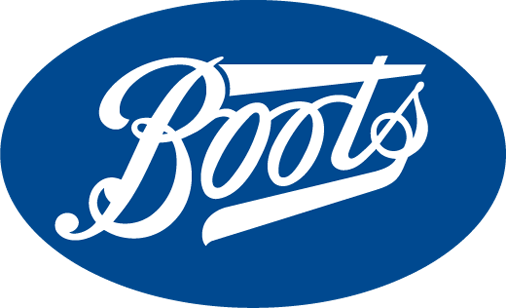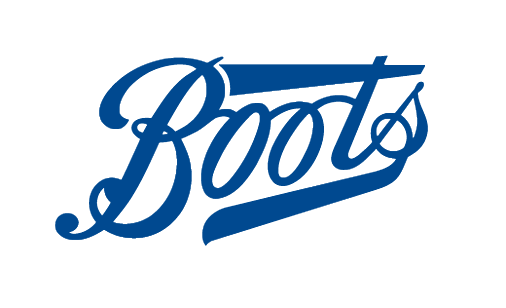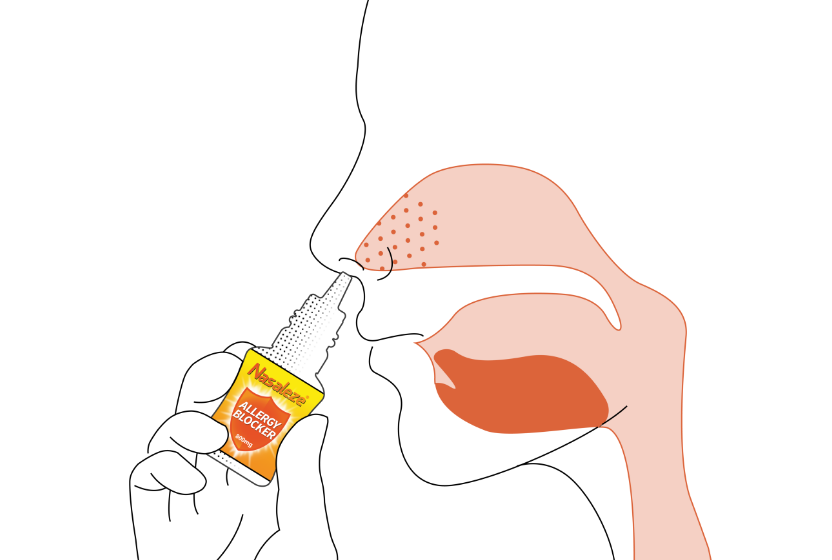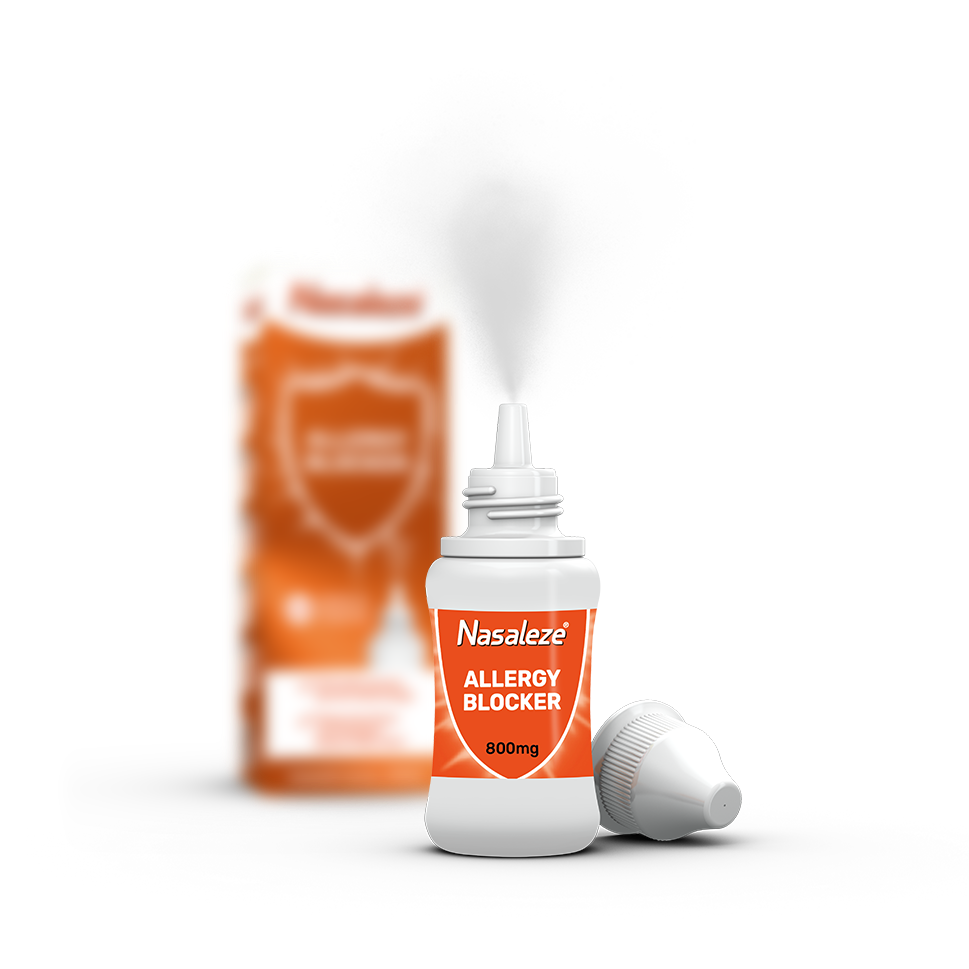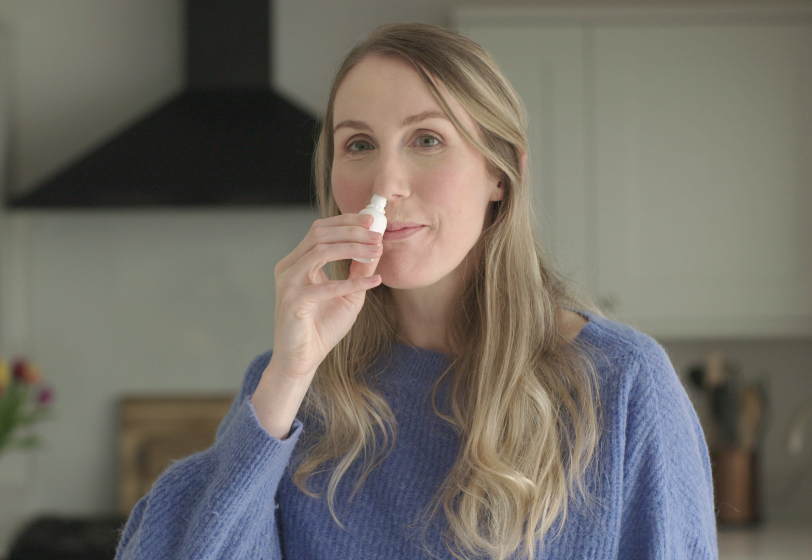ALLERGY BLOCKER AND CHILDREN’S ALLERGY BLOCKER
Both products are fast-acting powder nasal sprays that have been developed as preventative treatments against hay fever and airborne allergies.
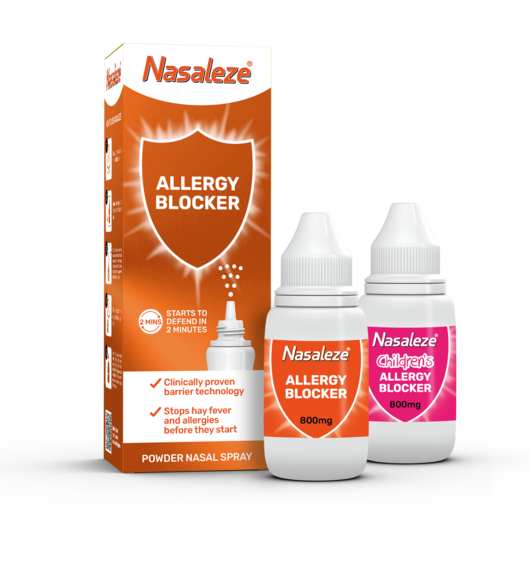
How Does It Work?
Nasaleze Allergy products contain a cellulose powder, which when inhaled into the nose forms a mucous-like gel that stops many airborne irritants reaching the sensitive lining of the nose. The products create a physical barrier, providing an extra layer of protection against allergens that are inhaled into the nasal cavity.
Ingredients
The core ingredient is Hydroxypropyl methylcellulose (HPMC). The grade of powder in Nasaleze has been selected to provide the optimum barrier effect. Allergy Blocker also contains a pleasant peppermint aroma. Children’s Allergy Blocker has a strawberry scent, perfect for little noses.
Who is it for?
People who suffer with hay fever and who are prone to irritation from airborne allergens such as pollen, dust mites and animal dander. The products are suitable for pregnant and breast-feeding women, as well as children over 18 months (when used under supervision). Read product reviews here.
When to use
Nasaleze can be taken as a preventative measure when airborne allergens are more likely, such as when the pollen count is high, or as soon as symptoms appear. Use of Nasaleze as a preventative measure can reduce the need to take medication to address symptoms caused by airborne allergens - it is a non-drowsy and steroid-free alternative. Severe allergy sufferers can combine Nasaleze with their regular drug treatment for added protection and relief.
Proven effectiveness
The efficacy of the products has been demonstrated in numerous published or presented clinical trials. Read more here.
How to Use Nasaleze
The usual dose is one puff of powder up each nostril three times a day. Each bottle contains 200 sprays, which equates to a 30 day supply. For maximum efficacy, it is necessary to maintain a constant layer of gel across the lining of the nose. It is therefore recommended that you re-administer the product after blowing your nose to renew the barrier. Click here for more guidance.
"Studies show that Nasaleze is clearly an effective agent for the treatment of allergic rhinitis. There are more than 25 clinical trials that show a reduction in symptoms. Because Nasaleze forms a gel in the nose almost immediately after insufflation, its onset is rapid."
Martin Church, Emeritus Professor of Immunopharmacology of the School of Medicine of the University of Southampton

